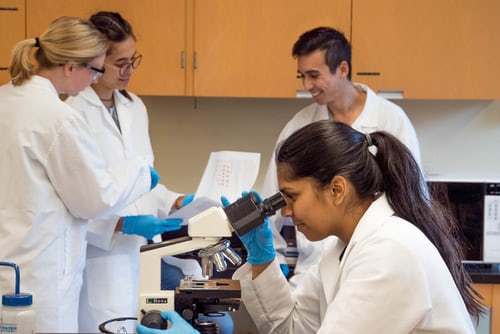There are too many bureaucratic processes in Ukraine surrounding the introduction of new scientific ideas that can bring money to the state budget, said Dmytro Shymkiv, Head of the Darnitsa Group Board of Directors, in a Novoye Vremya radio interview with Vitalii Sych, Chief Editor of the NV project.
‘If we are talking about basic research, universities are usually hubs for them. There are legal obstacles for a scientist who came up with a certain idea within the university that limit the scientist’s ability of commercializing the idea’, he said.
Dmytro Shymkiv named such obstacles to the research by young scientists as lack of money, problems with copyright protection, an overly regulated scientific environment, as well as the low status of scientific men in society, which formed after the collapse of the USSR.
‘In the past, scientists were respected people, but today, unfortunately, associate professors and graduate students are not always treated with due respect. There are factors of plagiarism and corruption in the defence of doctoral theses. We see that many ‘scientists’ exist on paper only. These are people who have not created anything, but have the title. A young scientist is supposed to make his/her way through all this “dirt”’, the expert added. He believes that business could invest in research centres if the state created the right conditions for this. The Head of the Board of Directors of Darnitsa Group noted that in developed countries, businesses can receive a credit against tax as a result of funding science, but Ukraine does not provide for such an incentive.
‘As to technology parks, incubator centres, the state should enable businesses to finance them, realizing that this is how we finance science. Today, we are offered to make such investments from profit only. At the same time, business finances culture, science, corporate and social responsibility initiatives from profit’, Dmytro Shymkiv outlined.

